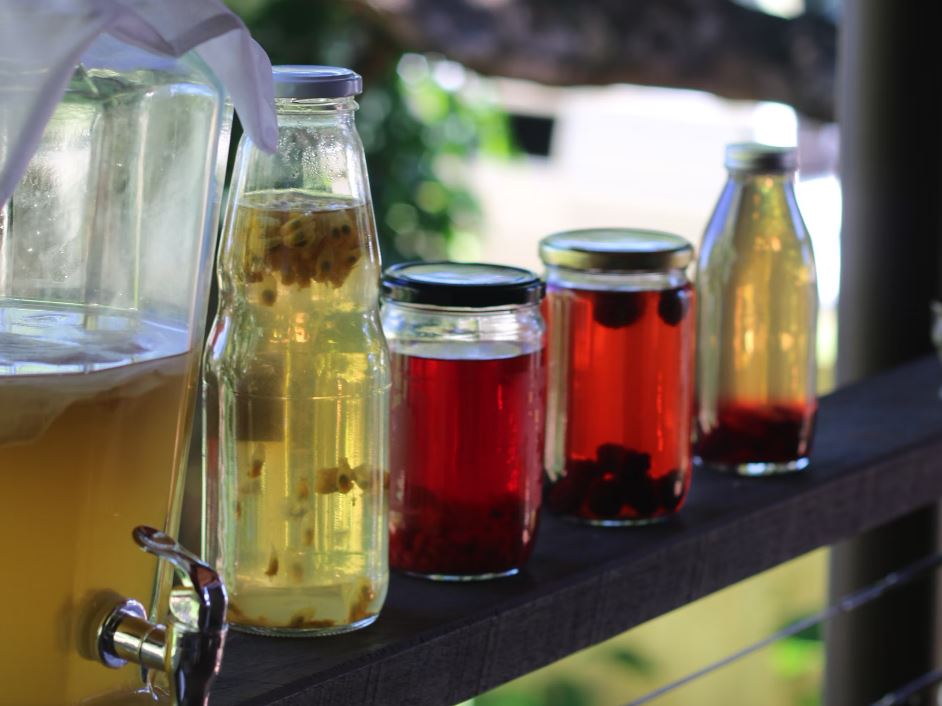
There’s a whole little ecosystem going on in there.
Okay, don’t freak out, but I’m gonna let you in on something: your body is host to over 1 trillion different microorganisms. Don’t worry, though, they’re on your side; these bacteria help your body by aiding your cells against viruses and producing vitamins. Every human body possesses what’s known as a “microbiome.” Basically, your body is like a little ecosystem, and all of the different bacterial strains are like plants and animals living in a very particular harmony. One of the most important subsets of these bacterial buddies are the ones that live in your stomach.
Gut bacteria live in your stomach and promote general gut health. This includes things like proper digestion and fighting off gut illness-causing viruses. Without your gut bacteria, you’d be on a one-way track to an interesting bathroom experience, if you catch my drift. But gut bacteria aren’t unlimited in their strength; they need a steady supply of new recruits to keep up their work. This is why you need to eat probiotic foods; probiotics help foster the creation of good bacteria in your body, keeping your gut strong and efficient.
So what kind of foods are considered probiotic? One word: fermentation! Fermented foods involve bacteria in their creation processes, which makes them natural probiotics. The most commonly consumed example of this would be yogurt, and with some vitamin-packed fruit at the bottom, yogurt is one of the best treats for your stomach. If you’re not into yogurt, though, you can get your probiotics from pretty much any food that utilizes fermentation, such as pickles, kimchi, sauerkraut, and vinegar. If you’re a modern soul, the probiotic properties of kombucha are also very attractive if you don’t mind the funky, sour taste.
So remember to eat your share of fermented foods and get those probiotics in you. You do right by your body’s bacteria, and they’ll do right by you.




